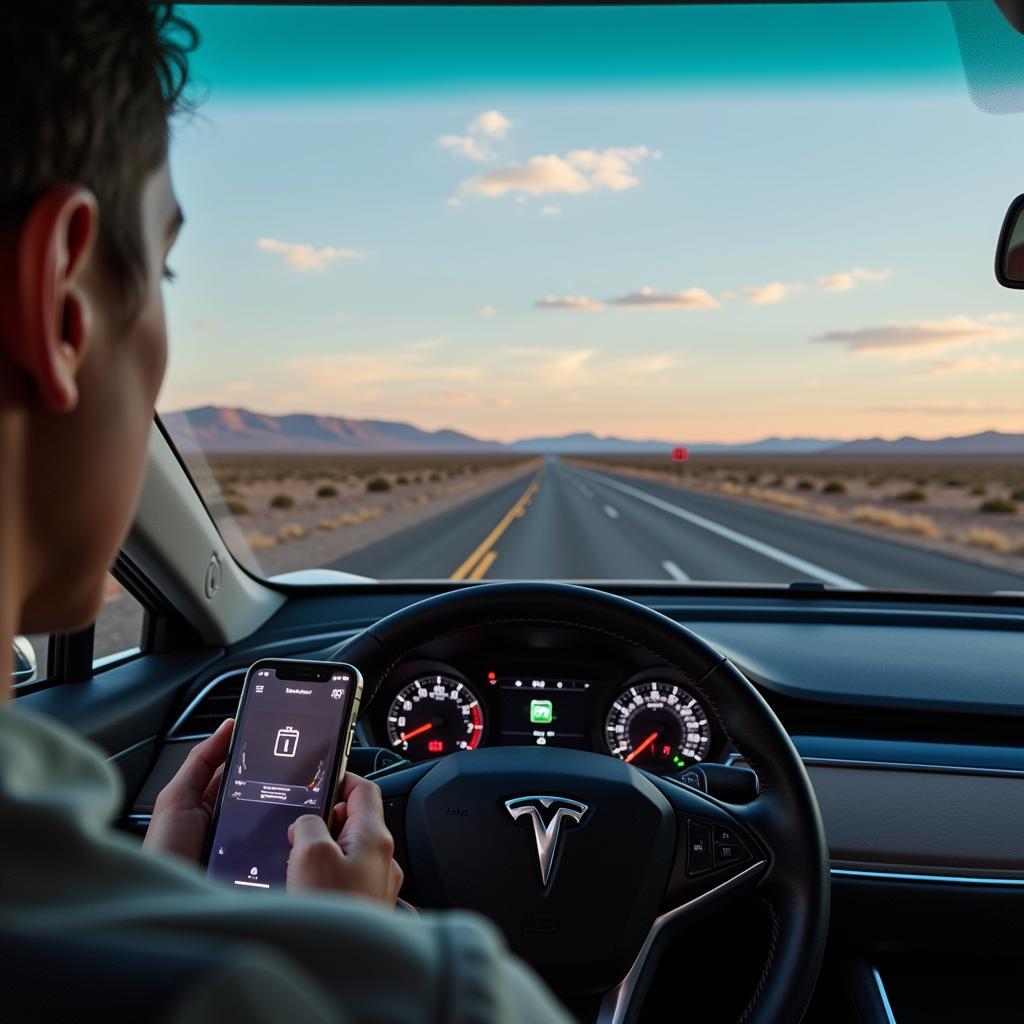Electric cars are revolutionizing the automotive industry, offering a cleaner and quieter alternative to traditional gasoline-powered vehicles. However, despite their growing popularity, they still face a primary hurdle: range anxiety and charging infrastructure. This is the biggest challenge preventing widespread electric car adoption.
One of the biggest concerns for potential EV buyers is how far they can travel on a single charge. This is especially relevant for longer trips or in areas with limited charging stations. While EV range has significantly improved in recent years, it still doesn’t match the convenience of quickly filling up a gas tank. This ties directly into the second part of the problem: the availability and accessibility of charging stations. While charging networks are expanding, they are not as ubiquitous as gas stations. Furthermore, charging an EV takes significantly longer than filling a gas tank, adding another layer of complexity to long journeys. Similar to car problems to miss work, a lack of charging infrastructure can make owning an EV challenging.
Range Anxiety: A Real Concern for EV Owners
Range anxiety is the fear of running out of battery power before reaching a charging station. This anxiety is fueled by several factors, including the limited range of some EVs, the availability of charging stations, and the time it takes to recharge. While newer models boast impressive ranges, older models and more affordable options may still have limited range, making long-distance travel more challenging.
What is the average range of an electric car? The average range of an electric car varies, but many new models offer between 250 and 300 miles on a single charge. This is enough for most daily commutes, but longer trips require careful planning.
 Electric Vehicle Range Anxiety on a Long Road Trip
Electric Vehicle Range Anxiety on a Long Road Trip
The Charging Infrastructure Challenge
The current state of charging infrastructure is another major hurdle for electric car adoption. While the number of charging stations is increasing, it is not keeping pace with the growing number of electric vehicles on the road. This leads to competition for charging spots, especially in densely populated areas. Furthermore, different charging standards can add confusion and compatibility issues. Some charging stations offer fast charging, while others offer slower charging speeds, making it essential for drivers to understand the different options available. Finding a reliable and convenient charging solution is often a significant concern for potential EV buyers. Much like the car’s proximity sensor problem, inadequate charging infrastructure can be a significant inconvenience.
How long does it take to charge an electric car? Charging times vary greatly depending on the type of charger and the battery size. It can range from 30 minutes for a fast charge to several hours for a slower charge.
Addressing the Challenges
What can be done to improve the EV charging infrastructure? Expanding the charging network, standardizing charging protocols, and developing faster charging technologies are crucial steps in addressing the charging infrastructure challenge.
“The key to wider EV adoption lies in addressing range anxiety and charging infrastructure limitations,” says Dr. Emily Carter, an automotive engineering expert. “This involves not only technological advancements but also strategic investments in charging networks and public education.”
Other Considerations: Battery Life and Cost
Besides range and charging, other potential problems with electric cars include battery life and cost. Battery degradation over time can lead to reduced range. While battery technology is constantly improving, this remains a concern for some potential buyers. The upfront cost of electric cars can also be higher than comparable gasoline-powered vehicles, although this difference is often offset by lower running costs and government incentives. This is similar to the issues discussed in problems with electric cars.
Conclusion
While range anxiety and charging infrastructure remain the primary challenges for electric cars, significant progress is being made. As technology continues to evolve and charging networks expand, these issues are likely to become less of a barrier to widespread EV adoption. As with any new technology, there are teething problems, as discussed in usa today cars have a problem. For those considering an electric car, understanding these challenges and the ongoing efforts to address them is crucial. If you are experiencing issues with your older Lincoln Town Car, take a look at 1998 lincoln town car electrical problems. Connect with AutoTipPro at +1 (641) 206-8880 or visit our office at 500 N St Mary’s St, San Antonio, TX 78205, United States for further assistance and expert advice on all your automotive needs.




Leave a Reply